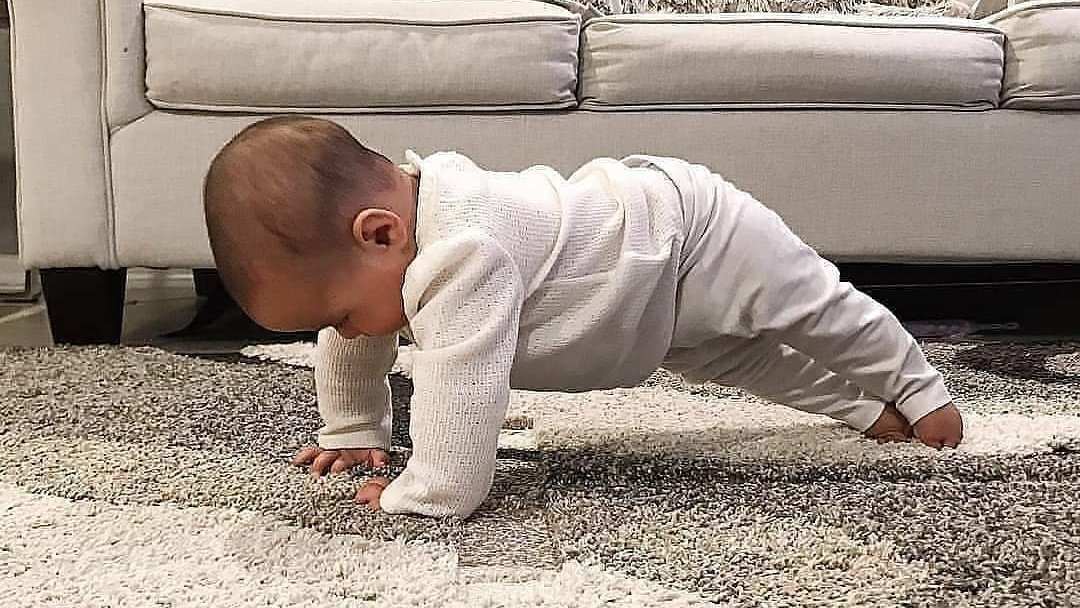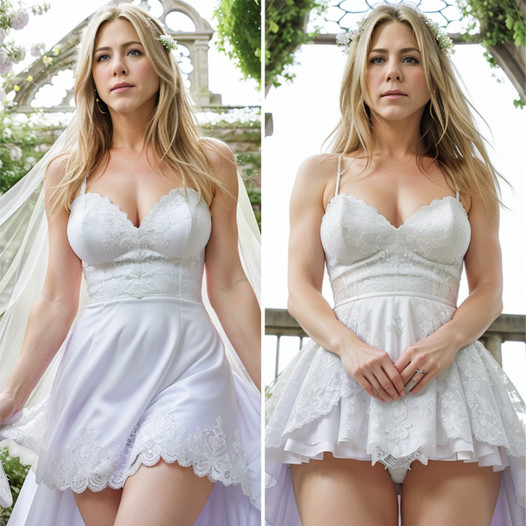There is something incredibly endearing about observing infants engage in physical activity. From their plump limbs to their joyful laughter, it is difficult to not smile when witnessing their efforts to move and stretch their bodies. However, were you aware that exercise actually plays a beneficial role in the development of babies? In this piece, we will delve into the significance of exercise for infants and explore some enjoyable methods to incorporate movement into their everyday routines.

The Significance of Physical Activity for Infants Similar to adults, infants require regular physical activity to support their healthy growth and development. Engaging in exercise aids in the development of strong muscles and bones, enhances cardiovascular health, and contributes to overall well-being. Moreover, exercise plays a crucial role in promoting the acquisition of motor skills for babies, encompassing essential milestones such as crawling, walking, and running.

In addition to the physical advantages, engaging in exercise can also contribute positively to the cognitive and emotional development of a baby. Studies have revealed that incorporating physical activity into their routine can enhance brain function and uplift the mood of infants and young children.
Including Physical Activity in a Baby’s Daily Schedule
Although infants cannot go to the gym or go for a jog like adults, there are plenty of ways to incorporate exercise into their daily routine. Below are a few fun and easy ideas to get started: 1. Tummy Time: Tummy time is crucial for babies as it strengthens their neck, back, and shoulder muscles. Begin with a few minutes of tummy time each day and gradually increase the duration as your baby becomes stronger. 2. Dance Party: Put on some lively music and have a dance party with your little one. Hold them close and sway to the rhythm or let them wiggle and bounce on their own. 3. Baby Yoga: Baby yoga provides a gentle way to stretch and strengthen your baby’s muscles. You can find various online resources that offer baby yoga routines, or you can create your own by gently moving your baby’s arms and legs into different positions. 4. Sensory Play: Sensory play is an enjoyable way to get babies moving and exploring their surroundings. Offer them textured toys like soft balls or stuffed animals and encourage them to reach, grab, and play. 5. Swimming: Swimming is an excellent low-impact exercise for babies as the water provides resistance to help build strength and coordination. Just make sure to select a warm and shallow pool and never leave your baby unattended in the water. Tips for Safely Exercising with Babies: 1. Always ensure a safe environment and supervise your baby during their exercises. 2. Start with brief sessions of exercise and gradually increase the duration as your baby becomes more comfortable and interested. 3. Pay attention to your baby’s cues. If they seem tired or uncomfortable, take a break and try again later. 4. Choose age-appropriate exercises and avoid any activities that could strain or injure your baby. 5. Have fun with it! Make exercise a playful and enjoyable experience for both you and your baby. Remember, these exercises are meant to be gentle and fun, and should never cause any discomfort or harm to your baby. Always consult with your pediatrician before starting any new exercise routine with your infant.

It is crucial to prioritize safety when incorporating exercise into a baby’s daily routine, as it plays a vital role in their development. Here are some helpful suggestions to ensure the well-being of your precious one:
It is important to always closely monitor and be present with your baby whenever they are engaging in exercise to ensure their safety and comfort. It is advisable to start with shorter periods of exercise and gradually increase the time as your baby becomes stronger. Avoid overstimulation and allow your baby plenty of rest time in between exercise sessions. Select exercises that are suitable for your baby’s age and developmental level. If you have any concerns or questions about your baby’s exercise routine, consult with your pediatrician. In conclusion, taking these precautions and consulting with a medical professional can help ensure a healthy and appropriate exercise routine for your baby.
Witness the Delight of Baby Exercise: Crucial for Growth, Development, and Bonding Observing infants engage in physical activity is not only heartwarming but also crucial for their overall development and growth. By incorporating exercise into their daily routine, you can support the development of strong muscles, improve their cardiovascular health, and enhance their cognitive and emotional well-being. From tummy time and baby yoga to lively dance parties, there are numerous enjoyable and simple ways to encourage your baby to move and groove. Join your little one in these activities and embark on a journey of exercise, growth, and bonding together!
Experience the Excitement: Begin a Daily Fitness Journey with Your Infant Embarking on Thrilling Adventures: Engaging in Physical Activities with Your Little One




